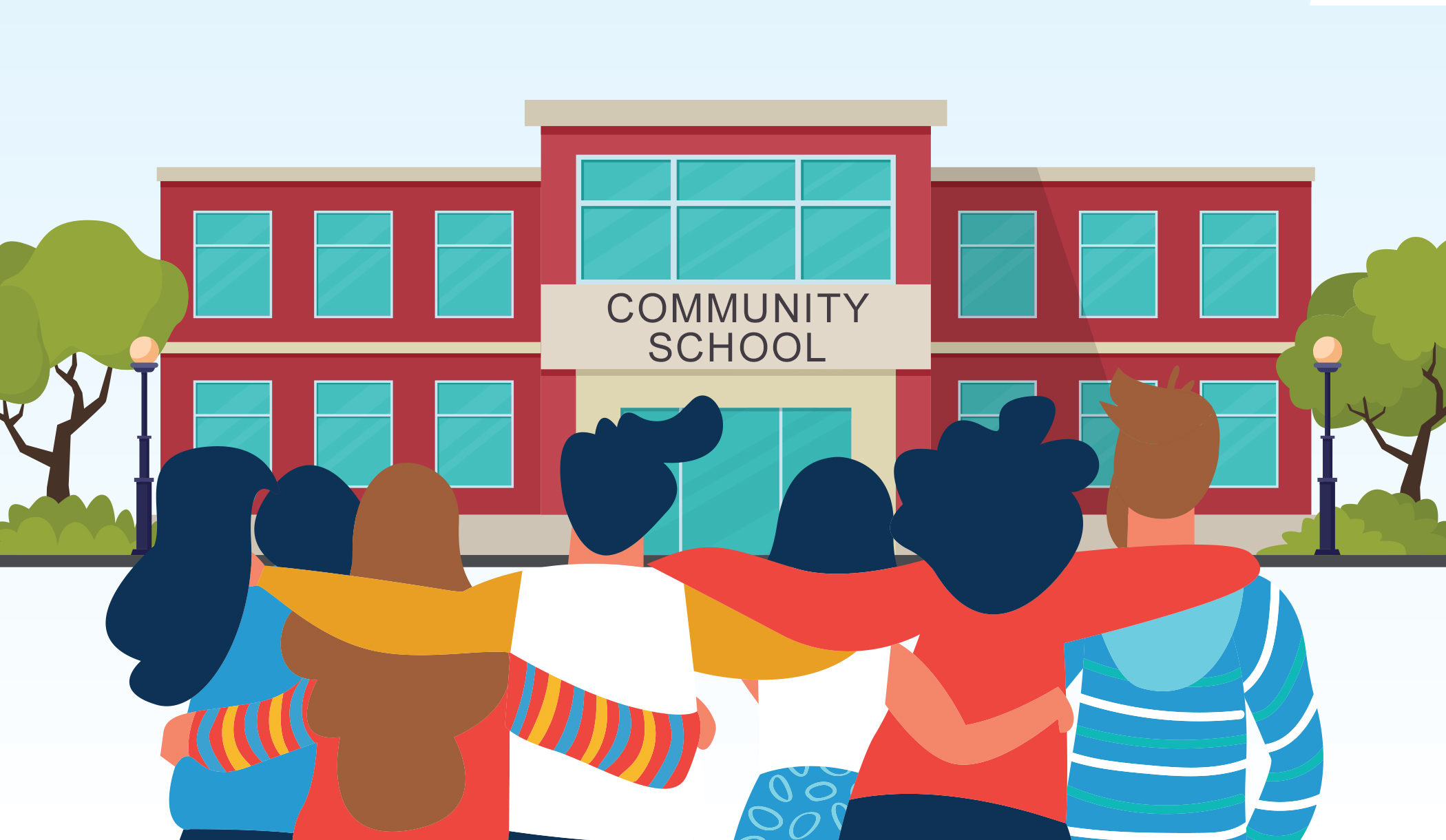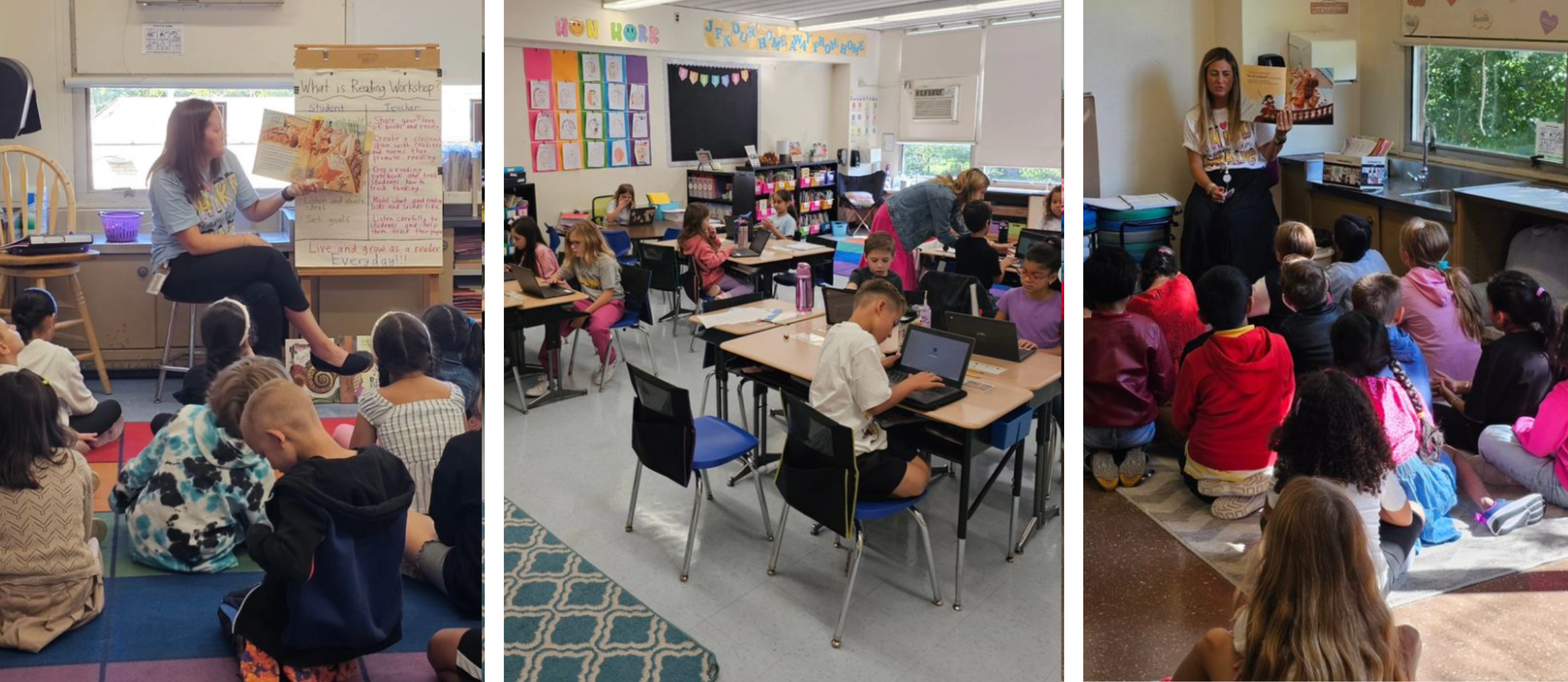The Effect of Institution Environments on Academic Success and Personal Wellness
The school setting considerably influences both academic success and individual wellness, including components such as physical layout, class environment, and social characteristics. The design of instructional rooms, including all-natural illumination and ergonomic furniture, can boost trainees' concentration and convenience. The top quality of teacher-student relationships and the nature of peer interactions play crucial roles in promoting an environment conducive to learning and emotional support. Comprehending how these various variables interplay to form trainee results raises vital concerns concerning optimizing academic setups for alternative growth. How can institutions purposefully enhance these aspects to better support their pupils?
Physical Format and Layout
Exactly how does the physical format and design of an institution effect scholastic success? The plan and aesthetic of a school atmosphere can considerably influence students' discovering results.
All-natural lights and reliable air flow systems are critical in enhancing cognitive feature and lowering absence. Research studies have revealed that class with sufficient all-natural light improve trainee concentration and lower feelings of drowsiness. Ergonomic furnishings customized to pupils' needs can protect against physical pain, enabling for extended emphasis and involvement in academic activities.
Accessibility to outside rooms and cosmetically pleasing environments additionally play a vital role - Save Temecula Schools. Eco-friendly areas and well-maintained college premises supply opportunities for exercise and psychological relaxation, both of which are essential for maintaining high levels of academic performance. Fundamentally, an attentively made physical setting can offer as a driver for scholastic excellence, cultivating an environment that sustains both teaching and discovering
Classroom Environment
A setting that promotes a sense of safety and security, inclusivity, and shared respect motivates trainees to engage more actively in their knowing procedures. The setting of a classroom, consisting of elements such as illumination, noise levels, and seating plans, can considerably impact trainee focus and inspiration.
Moreover, the classroom atmosphere need to sustain a culture of partnership and open interaction. They are extra most likely to engage deeply with the product and develop essential thinking abilities when students really feel comfortable revealing their ideas and asking questions. Peer communications and group activities can improve discovering by offering varied point of views and fostering team effort
Moreover, developing clear expectations and constant routines can produce a structured environment that enables pupils to concentrate on their research studies. By lessening uncertainty and offering a foreseeable framework, pupils can much better manage their time and obligations. Eventually, a positive classroom atmosphere not just enhances scholastic efficiency however likewise adds to the total well-being of trainees, preparing them for future instructional and individual undertakings.
Teacher-Student Relationships
Building on the relevance of a positive classroom atmosphere, the connections in between teachers and trainees play a critical function fit academic success. A healthy and balanced teacher-student connection cultivates a discovering atmosphere where trainees really feel valued, comprehended, and sustained, which considerably boosts their motivation and involvement. When trainees regard their teachers as approachable and empathetic, they are extra likely to take part proactively in course and look for help when needed, adding to a deeper understanding of the subject matter.

Effective communication is crucial to nurturing these connections. Teachers who utilize open, respectful, and consistent interaction create a foundation of trust. This depend on makes it possible for trainees to express their concerns and concepts openly, cultivating a collective understanding environment. Basically, solid teacher-student partnerships are a foundation of instructional success, playing a vital function in both academic success and personal development.
Peer Communications
Peer communications significantly influence academic success by shaping a trainee's social and cognitive growth. Within the college atmosphere, peer partnerships function as a fundamental part for learning and individual growth. Favorable peer communications can enhance a student's motivation and engagement in academic activities via collaborative learning and common assistance. When trainees interact in group settings, they trade ideas, resolve problems jointly, and establish important believing abilities. Such interactions cultivate a feeling of belonging and area, which is essential for psychological health and scholastic determination.

Reliable peer interactions also contribute to the advancement of vital life skills, such as collaboration, interaction, and problem resolution. These social expertises are crucial for both academic success and personal wellness, underscoring the relevance of fostering favorable peer characteristics within the college environment.
Extracurricular Tasks
Involving in extracurricular activities plays a pivotal function in a trainee's scholastic success and individual advancement. Research study regularly indicates that pupils who get involved in extracurricular activities tend to achieve higher scholastic efficiency.
Moreover, extracurricular involvement promotes a sense of belonging and neighborhood, which is crucial for see this website personal well-being. Getting involved in team tasks permits students to construct and enhance social networks, enhancing their social and emotional knowledge. These communications are crucial for developing social skills that are advantageous in both future and academic expert atmospheres.
Additionally, after-school activities offer a constructive electrical outlet for pupils to explore their interests and passions past the conventional curriculum. This expedition can bring about the exploration of brand-new abilities and potential job courses, further motivating students to engage even more deeply in their scholastic work. In verdict, the role of extracurricular tasks prolongs beyond simple entertainment; they are indispensable to promoting a holistic instructional experience that advertises both academic success and personal development.
Verdict
Thoughtfully created physical formats and classrooms, along with favorable teacher-student relationships and positive peer interactions, substantially improve student inspiration and engagement. These aspects collectively highlight the relevance of producing and keeping ideal institution settings for this post the benefit of trainees' scholastic and individual growth.
Inevitably, a favorable classroom ambience not just enhances scholastic performance yet additionally contributes to the overall wellness of trainees, preparing them for future instructional and personal endeavors.
